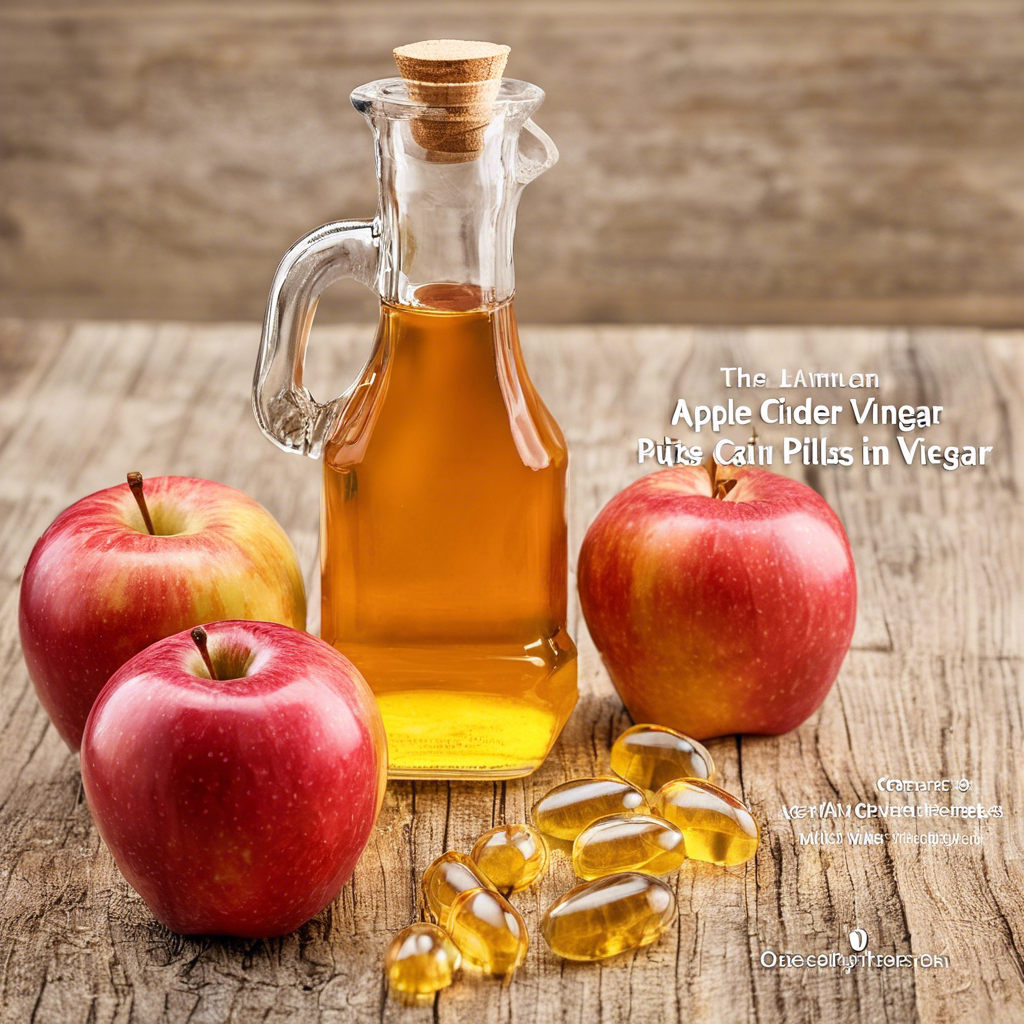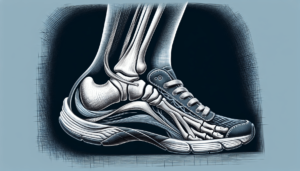Are you curious about whether or not apple cider vinegar affects your fasting results? It’s a question that has been buzzing around the health and wellness community, and for good reason. Fasting has gained popularity for its potential benefits like weight loss and improved metabolism. And with apple cider vinegar being touted as a natural remedy for various health concerns, it’s only natural to wonder if incorporating it into your fasting routine could make a difference. In this article, we’ll explore the potential impact of apple cider vinegar on fasting results and separate fact from fiction, so you can make an informed decision about whether or not to include this tangy elixir in your fasting journey.
Introduction
Welcome to this comprehensive article on the impact of apple cider vinegar on fasting! If you’re someone who is curious about fasting or already incorporates it into your lifestyle, you may have wondered about the effects of apple cider vinegar on your fasting results. In this article, we will delve into the world of fasting, explore the benefits it offers, demystify the composition and health benefits of apple cider vinegar, and finally, discover how this popular vinegar impacts your fasting experience.
What is fasting?
Definition
Fasting is a practice that involves voluntarily abstaining from food and sometimes even beverages for a specific period of time. It has been practiced for centuries and is rooted in various cultures and religions. While fasting is often associated with religious observances, it has gained popularity in recent years for its potential health benefits.
Different types of fasting
There are several different types of fasting, each with its own unique approach and goals. Some common types include:
- Intermittent fasting: This approach involves cycling between periods of fasting and eating. The most popular forms of intermittent fasting include the 16/8 method, where you fast for 16 hours and have an 8-hour eating window, and the 5:2 method, where you eat normally for five days and restrict your calorie intake to 500-600 calories for the remaining two days.
- Water fasting: This is an extended period of fasting where only water is consumed. It typically lasts for 24 hours or longer.
- Juice fasting: Similar to water fasting, but during this type of fasting, only freshly squeezed fruit and vegetable juices are consumed.
- Alternate-day fasting: This approach involves fasting every other day, with regular eating on non-fasting days.
- Time-restricted eating: With this type of fasting, you limit your eating to a specific window of time each day, typically between 8-12 hours.

The benefits of fasting
Fasting offers a wide range of benefits beyond potential weight loss. Let’s explore some of the most prominent advantages:
Weight loss
One of the primary reasons people turn to fasting is for weight loss. By reducing your caloric intake during fasting periods, your body taps into its fat stores for energy, leading to weight loss over time. Additionally, fasting enhances the production of human growth hormone (HGH), which can aid in burning fat and preserving lean muscle mass.
Improved insulin sensitivity
Fasting has been shown to improve insulin sensitivity, which is crucial for individuals with diabetes or those at risk of developing the condition. By giving your body a break from constantly digesting food, fasting allows insulin levels to stabilize, aiding in better blood sugar control.
Cellular repair and regeneration
During fasting, your body enters a state known as autophagy, which is the process of cellular repair and regeneration. This natural mechanism helps rid the body of damaged cells, proteins, and waste products, promoting overall cellular health and potentially reducing the risk of certain diseases.
Reduced inflammation
Inflammation is a common underlying factor in many chronic diseases, including heart disease, arthritis, and certain types of cancer. Fasting has been shown to lower inflammation levels in the body, possibly due to the reduction in oxidative stress and improved cellular health.
Enhanced brain function
Fasting has been linked to various cognitive benefits, including improved focus, concentration, and mental clarity. Some studies suggest that fasting may stimulate the growth of new nerve cells and enhance brain plasticity, which can benefit overall brain function and potentially protect against neurodegenerative diseases.
What is apple cider vinegar?
Composition
Apple cider vinegar, or ACV, is a type of vinegar made from fermented apple juice. It is produced by crushing apples and extracting the liquid, which is then combined with yeast and bacteria to initiate the fermentation process. As the apple juice ferments, the sugars are converted into alcohol, which is later transformed into acetic acid by bacteria.
Health benefits
ACV is known for its potential health benefits due to its high concentration of acetic acid. Some of these benefits include:
- Improved digestion: ACV has been used traditionally to aid digestion and relieve symptoms like bloating and indigestion. The acetic acid in ACV may help stimulate the production of digestive enzymes and promote a healthy gut environment.
- Blood sugar regulation: Several studies have suggested that ACV can help lower blood sugar levels and improve insulin sensitivity. It may have a positive impact on insulin resistance, making it a potential tool for managing diabetes.
- Weight management: ACV has been studied for its potential role in weight management. It may help enhance feelings of fullness, reducing overall calorie intake and potentially aiding in weight loss efforts.

How does apple cider vinegar impact fasting?
Now that we understand the basics of fasting and the potential health benefits of apple cider vinegar, let’s delve into the impact of ACV on fasting.
Effects on insulin levels during fasting
Insulin is a hormone produced by the pancreas that helps regulate blood sugar levels. During fasting, your insulin levels naturally decrease as your body adjusts to the absence of food. Adding apple cider vinegar to your fasting routine is unlikely to significantly impact insulin levels, as it is a calorie-free substance. However, some studies suggest that consuming apple cider vinegar before a meal may help lower post-meal blood sugar levels and improve insulin sensitivity, which could have indirect benefits during fasting.

Effects on blood sugar levels during fasting
Maintaining stable blood sugar levels is crucial during fasting to prevent energy crashes and cravings. While ACV does have potential blood sugar-regulating effects, its impact during fasting is likely to be limited. Since apple cider vinegar is low in calories and contains no carbohydrates, it is unlikely to cause significant fluctuations in blood sugar levels when consumed while fasting. However, individual responses may vary, so it’s always best to monitor your blood sugar levels closely if you choose to incorporate ACV into your fasting routine.
Effects on appetite during fasting
One of the challenges of fasting is managing hunger and cravings. Some people turn to apple cider vinegar as a means to curb their appetite during their fasting window. While ACV has been shown to enhance feelings of fullness and reduce calorie intake, its impact on appetite suppression during fasting may be less pronounced. Fasting already naturally reduces hunger hormones like ghrelin, and the addition of ACV on an empty stomach may have a minimal additional effect. It’s important to listen to your body and find the best strategies that work for you to manage your hunger and stay on track with your fasting goals.
Effects on digestion during fasting
During fasting, your digestive system is given a break from processing food. Apple cider vinegar, when consumed in moderation, may not have a significant impact on your digestive process during fasting. In fact, some individuals find that ACV can help soothe digestive discomfort and support a healthy gut environment. However, it’s important to note that consuming excessive amounts of ACV or drinking it undiluted may potentially irritate the digestive system. Always dilute ACV in water or other beverages before consuming, and be mindful of your own body’s response to ACV during fasting.
Conclusion
In conclusion, apple cider vinegar can be a valuable addition to your fasting routine, thanks to its potential health benefits and versatile properties. While ACV is unlikely to break your fast or significantly impact insulin and blood sugar levels, it may offer digestive support and contribute to overall wellness during fasting. As with any dietary changes, it’s essential to listen to your body and monitor your individual responses. If you have any underlying medical conditions or concerns, it’s advised to consult with a healthcare professional before incorporating ACV or making any significant changes to your fasting regimen. Happy fasting!





